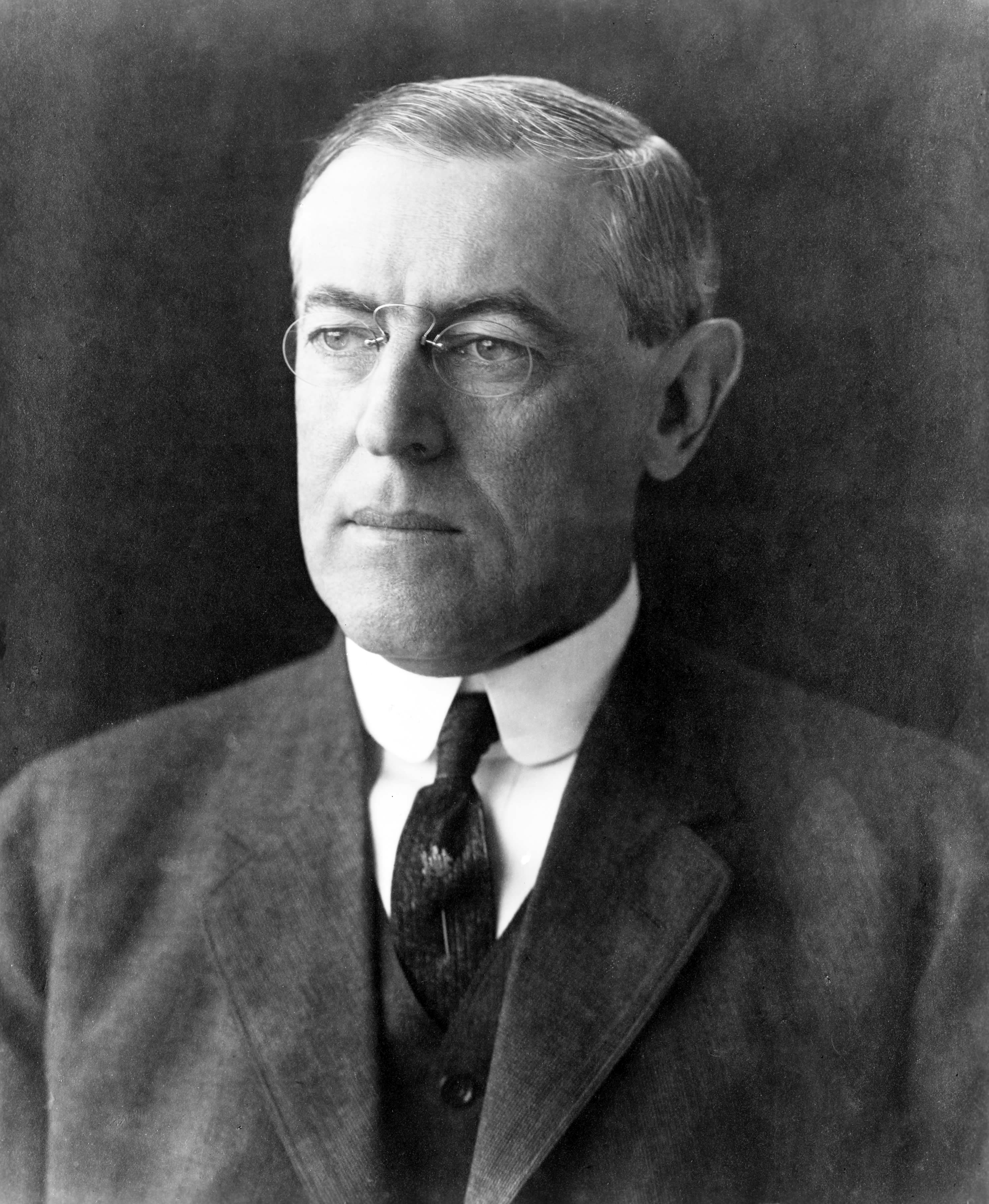 At the close of World War 1, on January 8th 1918, Wilson gave his 14 points. These points were meant to reassure the people that the war was needed and was promoted to promote peace and prevent another world war. Wilson wanted to promote the countries unity in order to prosper. A summary of the fourteen points follows:
At the close of World War 1, on January 8th 1918, Wilson gave his 14 points. These points were meant to reassure the people that the war was needed and was promoted to promote peace and prevent another world war. Wilson wanted to promote the countries unity in order to prosper. A summary of the fourteen points follows:1. Public Diplomacy rather than private/secret.
2. Freedom of the seas during war and peace
3. Equal Trade conditions
4. A reduce of the size of National armies
5. Readjust the colonial claims
6. Evacuation of Russian Territory in order to create peace prosperity
7. Evacuation of Belgium in order to restore it.
8. Freedom of French Territory
9. Adjust Italy Territory.
10. For the people of Austria-Hungry to have free opportunities
11. Montenegro, Romania and Serbia to be evacuated and restored
12. Minorities in Turkey protected and a free passage of ships in Dardanelles
13. Poland Independence
14. League of Nations formed in order to avoid any future conflict


